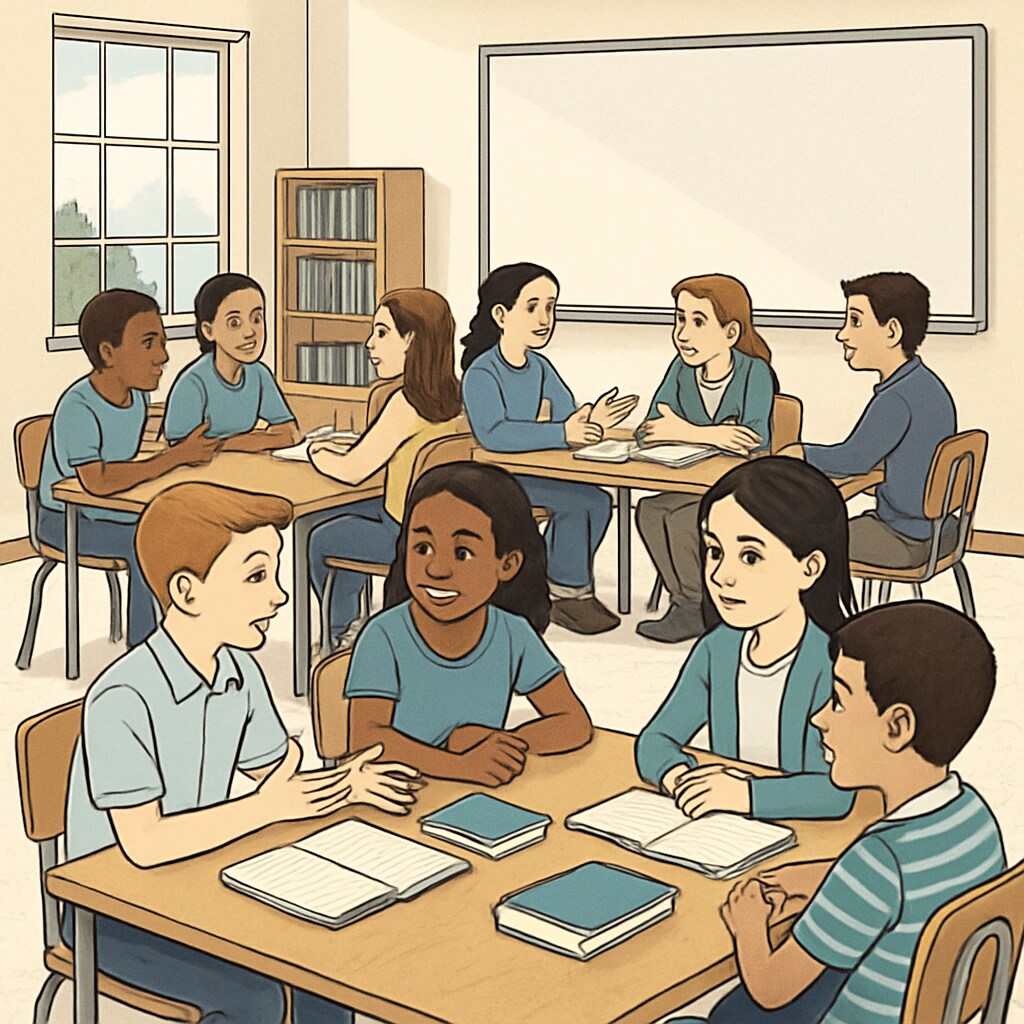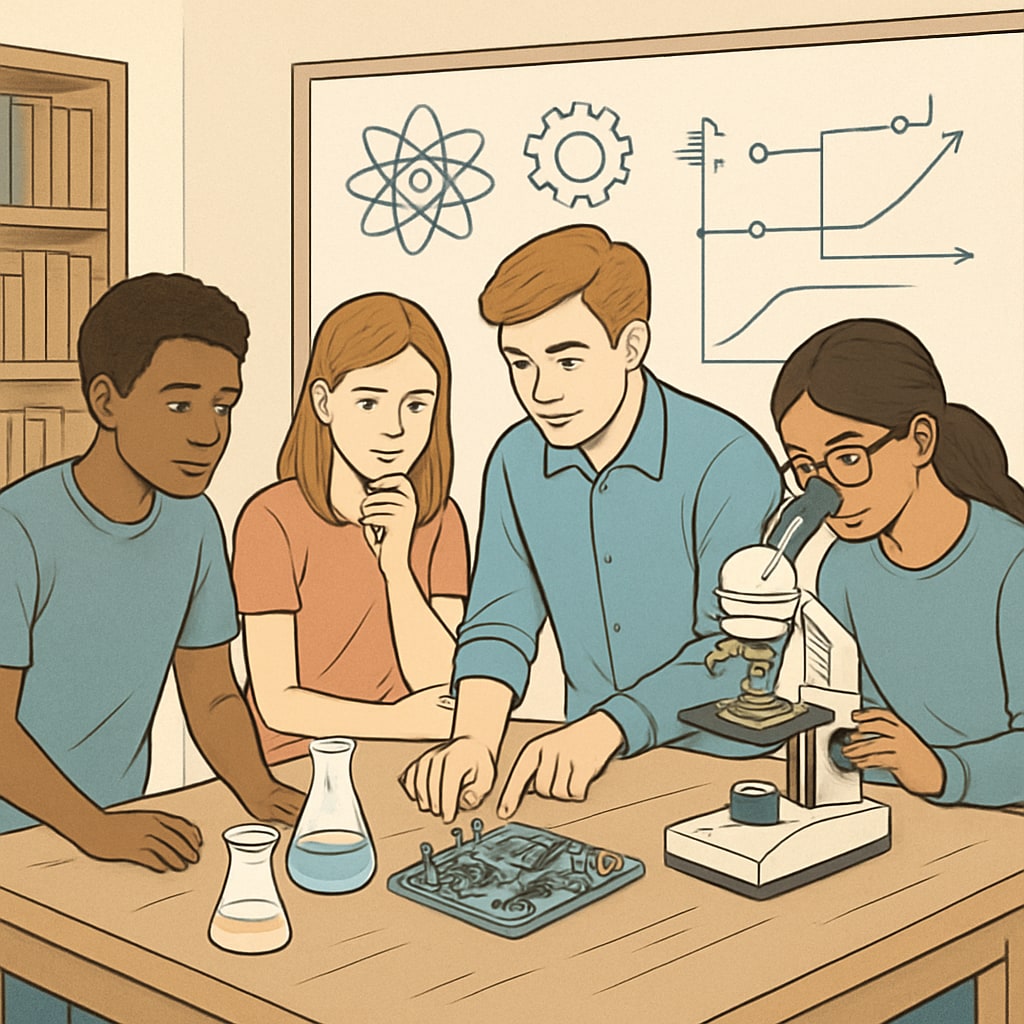Education, personal growth, and critical thinking are deeply interconnected, particularly during the formative K12 years. This crucial stage lays the foundation for shaping students’ character and cognitive abilities, equipping them with tools to succeed in life. In this article, we will explore how education nurtures qualities like self-awareness, inclusivity, and analytical reasoning, and how collaborative efforts from schools and families can maximize these effects.

Critical Thinking: The Cornerstone of Modern Education
Critical thinking, often defined as the ability to analyze information objectively and make reasoned judgments, is an essential skill for navigating today’s complex world. In K12 education, fostering this skill involves encouraging students to question assumptions, evaluate evidence, and approach problems creatively.
For example, project-based learning is a popular method for cultivating critical thinking. By engaging students in real-world scenarios, they learn to connect theoretical concepts with practical applications. This skill not only prepares them for academic success but also makes them effective problem-solvers in their future careers.
Additionally, educators can promote critical thinking through open-ended questions and active discussions. This approach challenges students to articulate their thoughts and consider diverse perspectives, aligning closely with the goal of nurturing well-rounded individuals.

Fostering Personal Growth Through Self-Awareness and Inclusivity
Personal growth is another vital component influenced by education. Developing self-awareness—an understanding of one’s strengths, weaknesses, and values—is key to unlocking a student’s potential. Teachers play a significant role in helping students reflect on their learning journeys and recognize areas for improvement.
Inclusivity also plays an essential role here. By creating an environment that respects diversity and encourages empathy, schools foster personal growth beyond academic achievements. Group activities, cultural exchange programs, and inclusive classroom practices teach students to appreciate differences while building collaborative skills.
- Self-awareness: Reflection exercises, journaling, and mentorship opportunities.
- Inclusivity: Diversity training, group projects, and open dialogues.
These practices prepare students not only for academic excellence but also for becoming compassionate, responsible members of society.
Family and School Collaboration: A Holistic Approach
To maximize the impact of education on personal growth and critical thinking, collaboration between schools and families is essential. Parents and educators must work together to ensure that students receive consistent guidance and support both inside and outside the classroom.
Strategies for effective collaboration include regular communication between teachers and parents, joint educational workshops, and shared goals for student development. For example, schools can encourage parents to reinforce critical thinking skills at home through activities like debates, puzzles, and problem-solving games.
Furthermore, fostering open communication allows parents and educators to address challenges proactively, ensuring that students benefit from a seamless support system. By aligning efforts, schools and families can create an environment conducive to holistic development.
In conclusion, K12 education serves as a transformative force in shaping personal growth and critical thinking. By focusing on self-awareness, inclusivity, and analytical reasoning, educators empower students to thrive academically and socially. Coupled with family collaboration, this holistic approach to education paves the way for lifelong success.
Readability guidance: Use short paragraphs and lists to summarize key points. Ensure a balanced mix of transition words and concise sentences for clarity.


